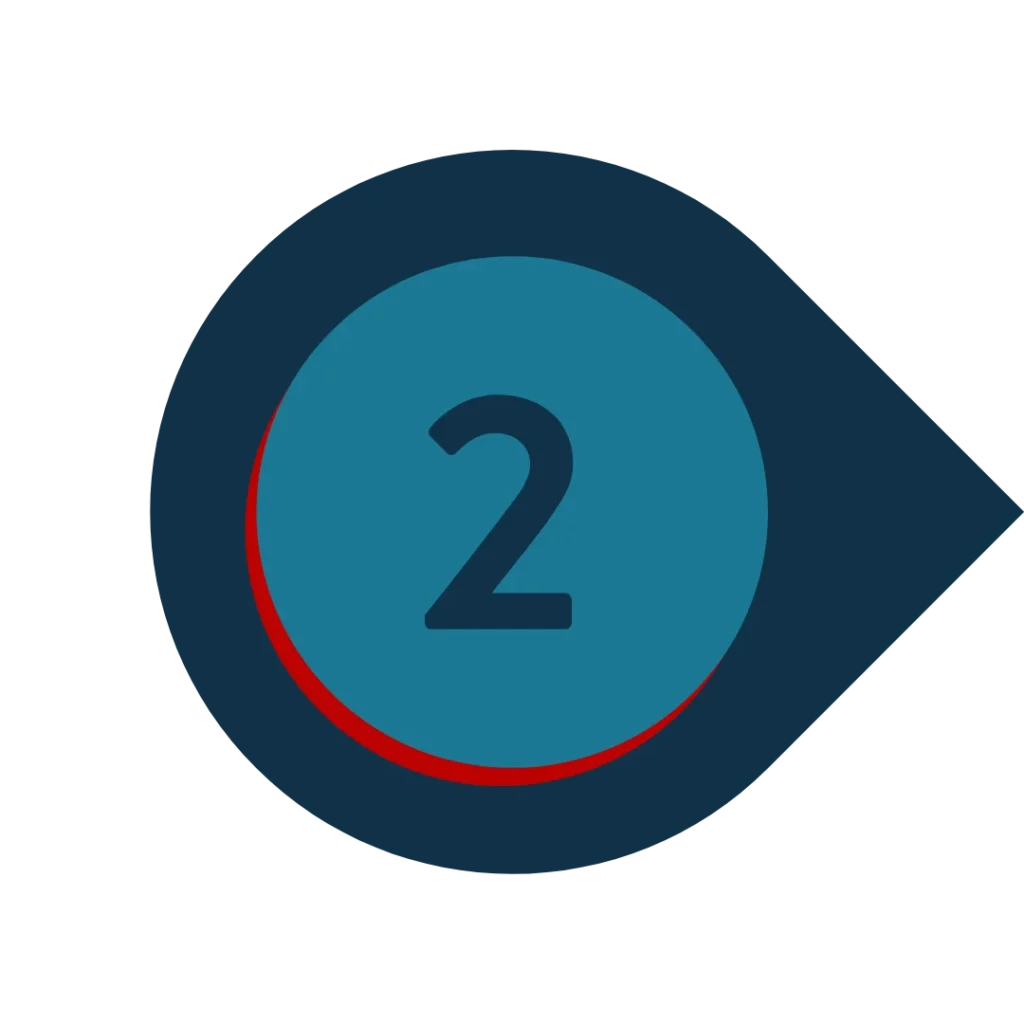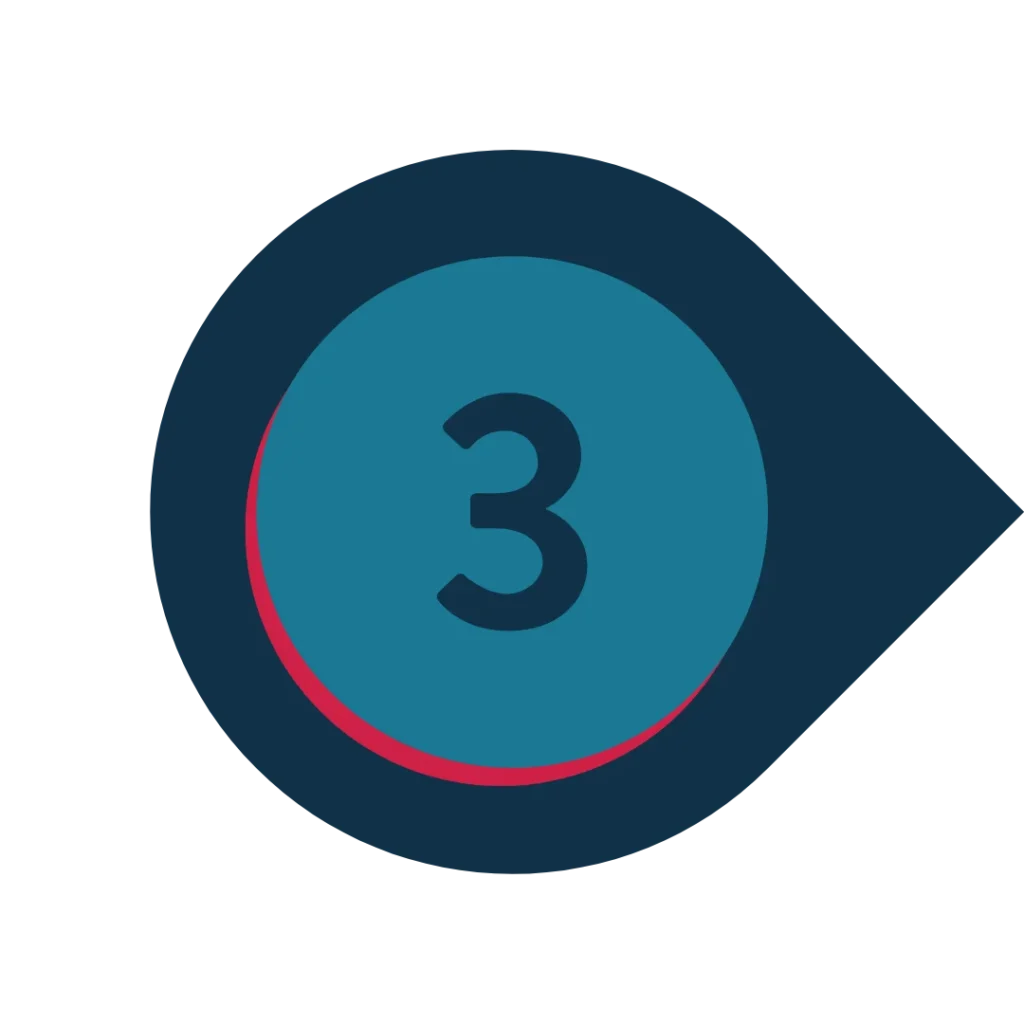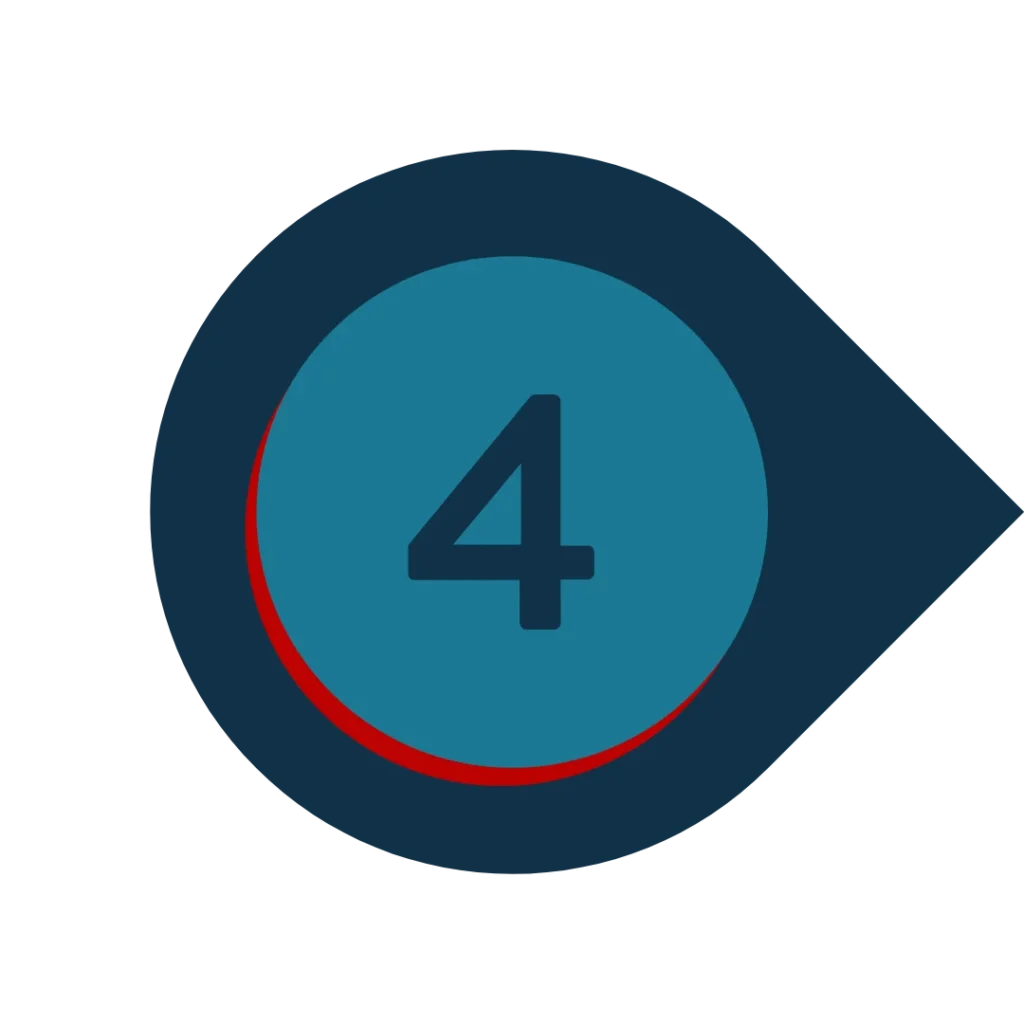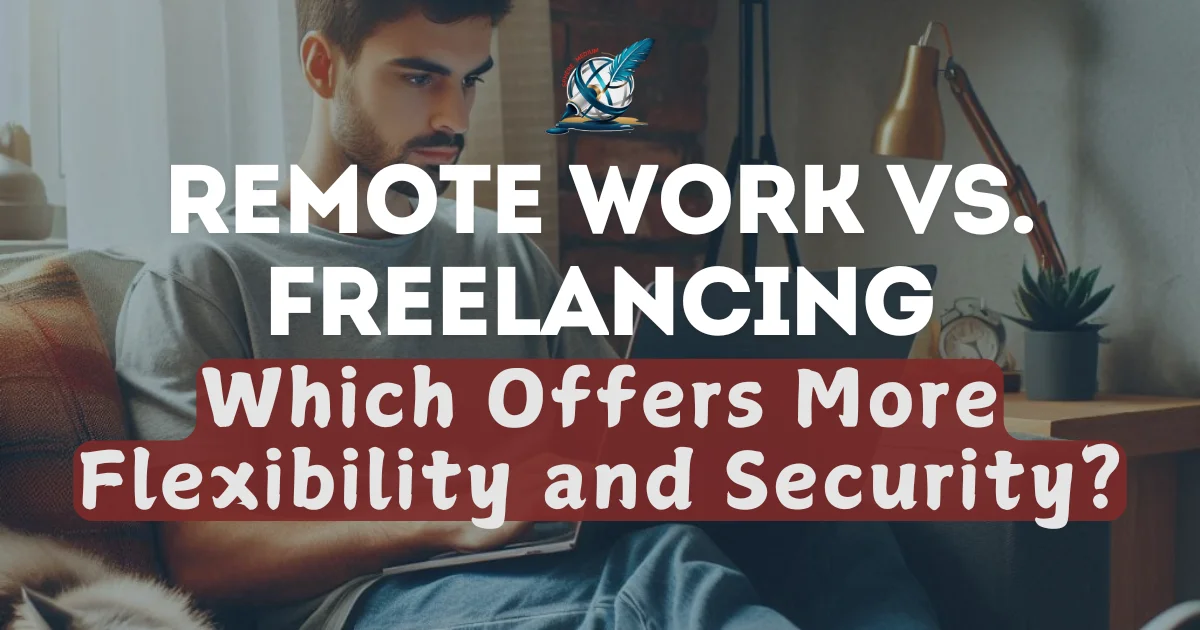The employees who are employed in the fast-paced digital world of today want more flexibility in terms of when and where they complete their work. Some of the most common employment routes, such as working from home or freelancing, can provide you with the opportunity to have this degree of flexibility. While they may differ, each presents a chance to work from anywhere. At Sphere Medium, we are dedicated to helping our readers navigate the dynamic landscape of the working world by closely monitoring these developments. Explore this article to gain a clearer understanding of the distinctions between remote work and freelancing, empowering you to make a well-informed choice tailored to your unique situation and career aspirations.
Defining Remote Work and Freelancing
Remote work is a term used to describe typical employment in which a person works away from a traditional office. Typically, remote workers are paid a fixed salary or an hourly rate and work from home for a single employer. They work either full- or part-time and typically adhere to a set work schedule.
On the other hand, one variation of self-employment is known as freelance work. In the capacity of a freelancer, you have the ability to provide your expertise to a variety of clients on a project or contract basis. Working as a freelancer allows you to work for multiple clients at the same time because you are not constrained to any one particular firm. Freelancing allows for greater liberty in terms of work hours, project selection, and maintaining a healthy work-life balance; but, it also requires additional accountability in terms of acquiring new customers, determining prices, and managing finances.
Key Differences Between Remote Work and Freelancing

Employment Status
Workers who perform their duties from a remote location are eligible for standard benefits, including paid time off, health insurance, and retirement plans. It is common practice to refer to freelancers as independent laborers. Individuals who work as independent contractors are responsible for their own benefits, which may include payments to retirement plans and health insurance. Though freelancers have more freedom to choose where they work and what projects they work on, they also have less job security than people who have regular employment. Freelancers have more control over their work environment.

Income Stability
Most remote workers either get an hourly pay or a set income. This speaks to steady, predictable income, usually accompanied with advances or incentives. Still, the income sources connected with freelancing are not fixed. Clients pay freelancers project-by- project; the quantity of tasks they find determines their income.
Although there is a chance for greater income when freelancing, one must be ready for times when revenue is scarce or nonexistent.

Work Hours
Typically, remote work adheres to a set timetable. The worker follows the hours specified by their employer even though they do their work from home. Because they can decide the hours and length of their employment, freelancers have more freedom. Freelancing so can allow extra chores or personal responsibilities, but it also requires good time management on the side of the freelancers to meet deadlines.

client management and workload
Under remote working conditions, the company assigns tasks; the worker focuses on completing them. Freelancing calls for significantly greater self-management. Apart from customer acquisition, freelancers may have to handle many projects, negotiate contracts, and create service proposals.
As a worker, you have a lot of freedom, but there are also some problems. You need to find clients, manage contracts, and make sure you always have money coming in.

Job Security
People with stable jobs are more likely to work from home than freelancers. Companies that hire people to work from home usually make contracts that protect both the parties from labor laws and ensure long-term security. On the other hand, independent workers work for clients for short periods of time. Freelancers always have to find new clients and work, which can make their output and income uncertain. People who work as freelancers have to deal with the risks that come with not having a steady income.
Remote Work or Freelancing? Which Is Better?
Deciding between remote work and freelancing largely depends on your personal preferences and career aspirations.
Remote work offers stability. If you’re someone who values job security, consistent income, and employee benefits, remote work might be the better option. You can enjoy the freedom of working from home without the stress of client hunting and project management.
There’s no denying that freelancing gives you a lot of freedom. Freelancing is a great job for people who like to work alone and are excited about having their own business. People who work as freelancers can work on different projects, set their own hours, and often make more money than they would at a normal remote job. It can be hard to deal with uncertainty when you’re a freelancer, like not knowing how much money you’ll make or not getting job perks.
In the end, both freelancing and working from home are pretty cool choices for people who want to be more flexible with their schedules. The one you decide upon will depend on what suits your life. Working from home could be your finest choice if you wish to feel steady and safe. If you enjoy being autonomous, freelancing could be a fantastic method to increase income and take charge.
FAQs
If you work from home, there is more risk than if you worked for someone else. You don’t get paid time off or health insurance as a freelancer, and your pay can change at any point.
Freelancing, on the other hand, gives people more freedom and the chance to make more money if they know how to handle their clients and projects well.
Of course! Many freelancers build strong resumes that can help them stand out when applying for jobs far away. You could switch from working as a freelancer to working from home if you want more security. Being able to show that you have a lot of different skills is very helpful.
People who work for themselves have to pay their own taxes. Every three months, freelancers have to send the government their estimated taxes based on how much money they made and how much they spent. This is not the same for people who work from home, whose companies already pay their taxes. The best way for people to do their taxes is to talk to a tax professional.
Freelancers may be able to make more money than online workers, depending on how much they charge and how many clients they have. Freelancing requires good business and time management skills to make sure you always have work. There is a lot of money to be made by freelancing, but earnings aren’t always reliable.
Work as a freelancer full-time if that’s what you prefer. Freelancing is a viable career path for many professionals. Writing, design, programming, and consulting are some of the fields in which these experts operate. You need perseverance, self-discipline, and an entrepreneurial spirit to make freelancing your full-time job.
Expert Graphic Designer | Social Media Marketing Strategist | Content Writer
Specialize in impactful visuals, strategic social media campaigns, and SEO-optimized content.


